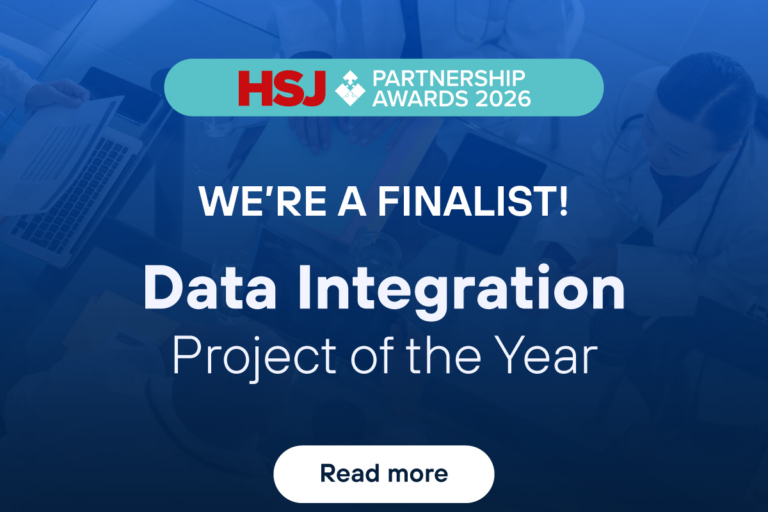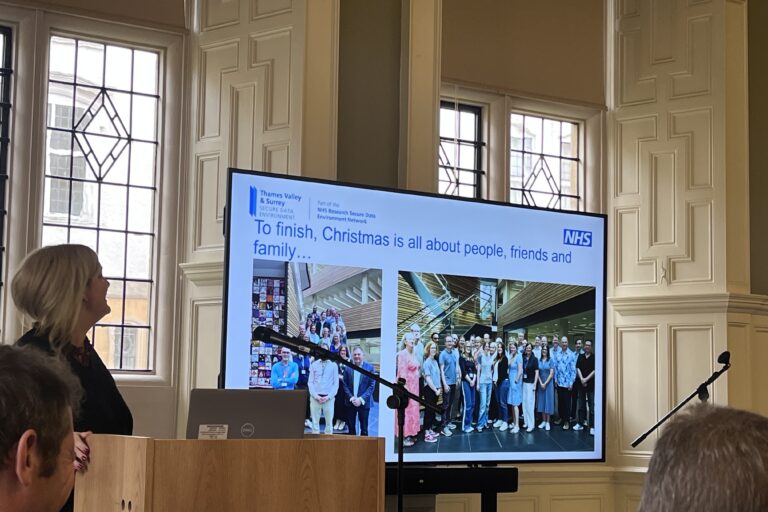As part of it’s work with the TVS SDE, Health Innovation Oxford & Thames Valley recently collaborated with Friends, Families and Travellers (FFT) on a vital qualitative engagement project: “Gypsy, Roma & Travellers: Attitudes to Healthcare Data for Planning & Research”. This work highlights crucial insights into how healthcare data is perceived and, more importantly, how we can build trust with communities often overlooked. This work will help the design of the TVS SDE.
The approach was deeply rooted in listening, the team from Health Innovation Oxford & Thames Valley engaged directly with members of GRT communities through online chats, in-person events, and a steering group that guided the project from start to finish. This collaborative method allowed them to uncover four key findings that are essential for anyone working in healthcare or community engagement:
1. Diversity Matters in Healthcare Access: GRT communities are not all the same, and understanding their unique ways of living, languages, and specific challenges (including for men discussing health) is critical for effective healthcare delivery.
2. Addressing Historical (& current) Mistrust is Non-Negotiable: We cannot talk about using health information without acknowledging the historical and ongoing discrimination these communities have faced. Past negative experiences, including misuse of data, profoundly impact their willingness to trust the NHS.
3. Accurate Recording & Safety to Self-Identify: A significant issue is the lack of appropriate options on NHS forms for people to accurately identify their background, coupled with a fear of negative repercussions if they do self-identify. This directly impacts data accuracy and the ability to plan effective services.
4. Transparency & Choice are Paramount for Data Sharing: People want clear answers: what data is collected, what is it used for, who sees it, what protections are in place, and importantly, whether they have a choice. Explaining how data can improve services for their communities builds willingness to share.
What does this mean?
For healthcare professionals, it’s a call to foster respectful interactions, understand cultural nuances, and provide clear, accessible information. For the general public, it’s an invitation to appreciate the complex history and unique challenges faced by GRT communities. And for those in engagement roles, it underscores the power of co-production and genuine partnership.
This report is a testament to the fact that building trust isn’t just about data security; it’s about respectful human interaction, acknowledging history, and empowering individuals with clear information and genuine choice.
We invite you to read the full report, watch the animation and join the conversation on how we can collectively build a more inclusive and trustworthy healthcare system for all.
If you would like to know more then please contact sian.rees@oxfordhealthinnovation.org



